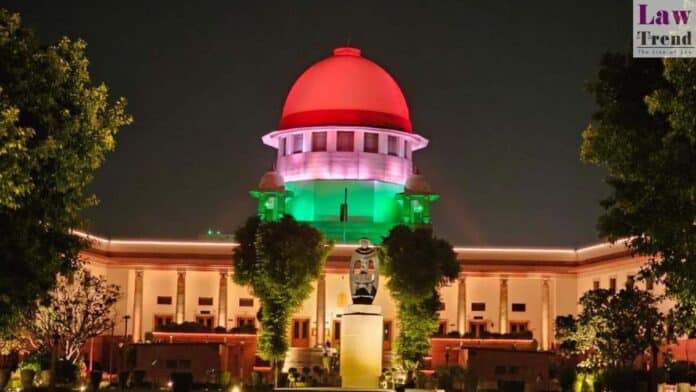In a crucial ruling, the Supreme Court has dismissed a Special Leave Petition (SLP) by the Uttarakhand government, marking a significant defeat in its legal battle against 25,000 employees of the Uttarakhand Purva Sainik Kalyan Nigam Limited (UPNL).
The dispute originated from a 2018 Uttarakhand High Court verdict that mandated the state to formulate regulations ensuring fair employment practices for UPNL workers. These employees, often engaged in various government departments, had raised issues regarding wage disparities and working conditions compared to direct government hires.
The High Court’s directive was clear: UPNL employees were to receive “equal pay for equal work,” an order aiming to correct the inequalities faced by these workers. The ruling specified that until appropriate regulations were implemented, the workers should be compensated equally to regular government employees performing similar roles.
The state’s challenge to this decision was met with firm resistance from the Supreme Court, which upheld the High Court’s ruling. The dismissal of the SLP reaffirms the rights of UPNL employees, impacting the livelihoods of thousands who have long campaigned for equitable treatment.
This case traces back to significant policy changes initiated in 2003 when the state government ceased departmental contract employment, positioning UPNL as the primary agency for recruiting personnel to public service roles. The lack of regulatory clarity since then has led to prolonged disputes over the contractual terms and pay scales of these employees.
Vinod Kavi, state president of the Electricity Contract Employees Organization, hailed the Supreme Court’s decision as a “victory for truth and perseverance.” He emphasized the ruling’s importance in securing the future of hundreds of contract employees and urged the state government to commence the regularization process promptly.
The Uttarakhand government had argued that the High Court’s demands imposed undue financial burdens and contended that UPNL’s unique employment structure should not be equated with regular government employment. However, the Supreme Court’s dismissal of this argument underscores the judicial support for equitable employment practices.




